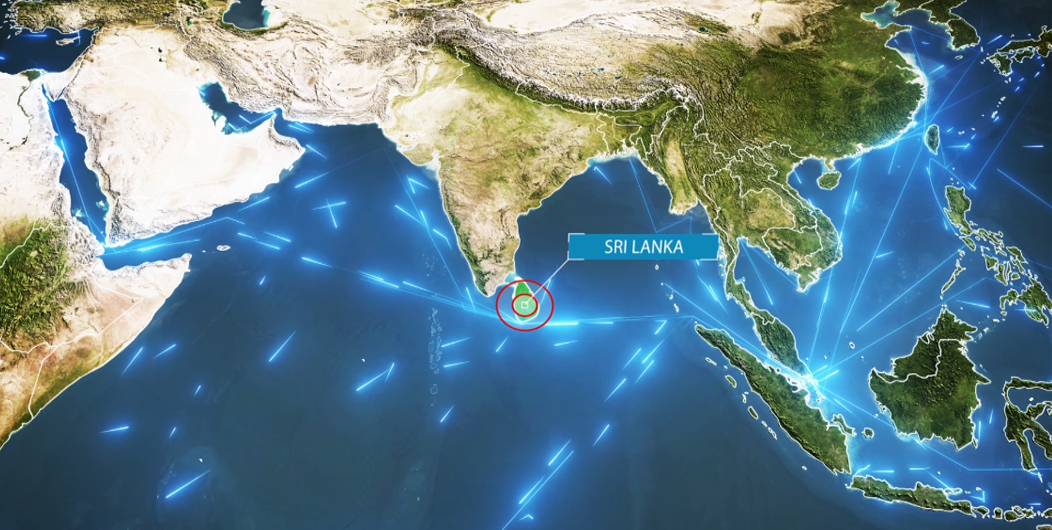
Sri Lanka is a small island with big potential. Situated in the midst of the Indian Ocean shipping lanes, the country is rich with natural resources and is blessed with a population of nimble and smart learners and makers, who have built a successful irrigation agriculture-based civilisation nearly 3000 years ago.
As sea travelling and cross border trade expanded around the world, Sri Lanka, then known as Taprabane, became a celebrated trading hub of luxury goods and a melting point of Western and Eastern cultures.
By the early 15th Century Sri Lanka had already gained a rich legacy dating back to many centuries when traders from both East and West were drawn to our shores, for its precious gemstones, flavourful spices, carved ivory, and exotic fauna. These links were enabled by the island’s strategic location on the ancient Silk Route and social patterns that encouraged financially beneficial contacts with the wider world.
Sailors from ancient Africa and Eastern Asia rubbed shoulders with trading sailors of ancient China and Greece, making Sri Lanka a potpourri of cultures, beliefs, and knowledge and even after regaining its independence in 1949, Sri Lanka has been one of the pioneering countries in Asia that introduced liberal and market-oriented Economic policies far back in 1977.
Today, the country is much known for our Ceylon Tea, Ceylon Spices, Ceylon Blue Sapphires as well as the world’s best tourist destination. Yet our potential reaches far within; Sri Lanka is also a leading designer and manufacturer of ethical and sustainable apparels to the global brands and a rising destination knowledge services outsourcing.
The Colombo Port is one of the busiest transhipment and entrepot hubs in the region, while the Magmpura Port in Hambantota in Sri Lanka has also become an important transhipment hub, for vehicle exporters from the Eastern Asian region, who are taking the advantage of free trade agreements entered by Sri Lanka with the countries in South Asia and Africa.
In addition, the country’s breaking into the global non-metal mineral resource markets with a range of value-added products and raw material including graphene made out of the best graphite in the world.
Sri Lanka is also expanding its presence in the global knowledging processing industry, by providing sophisticated ICT and business process management solutions to major companies spread across the world.
Today, many leading global brands and organisations collaborate with local counterparts or source products and services from Sri Lankan suppliers due to our competitive quality, pricing and ethical production process.
Sri Lanka is now a middle-income country with a healthy GDP annual growth rate. Exports account for nearly 22% of the GDP, and Sri Lanka Export Development Board (SLEDB), as the main trade promotion and facilitation organisation in the country is seeking to expand Sri Lanka’s export market to a USD 36.5 billion by 2030 enabling 2000 public and private sector stakeholders.